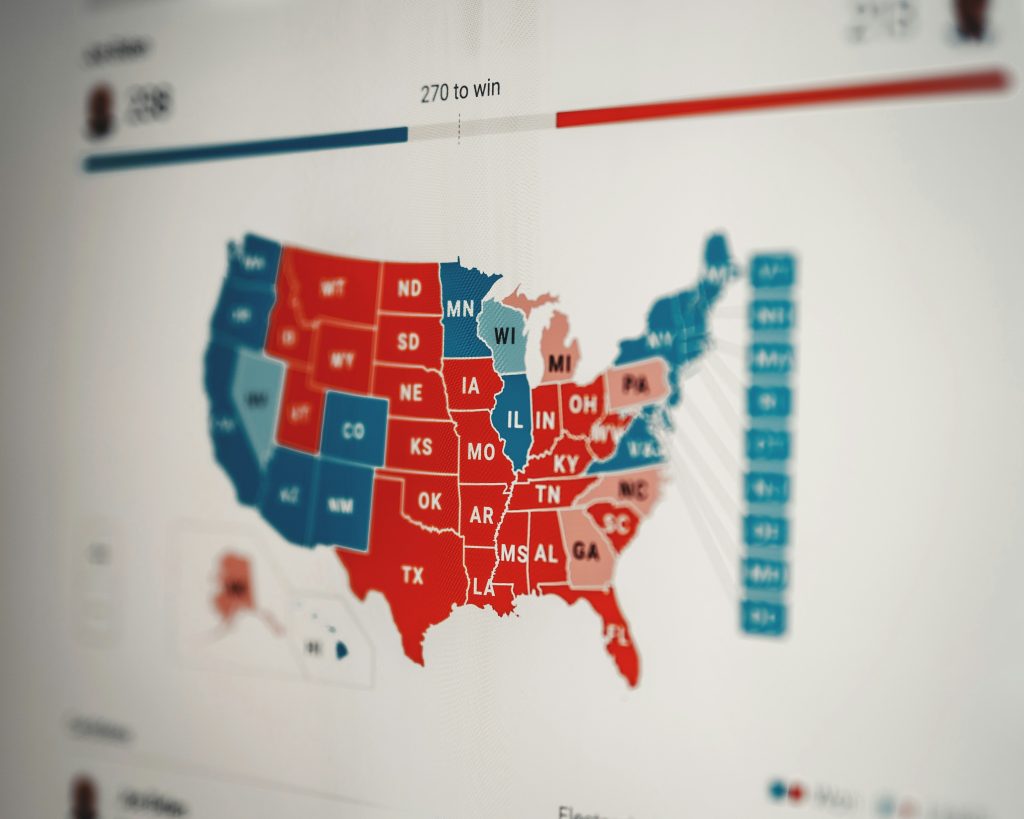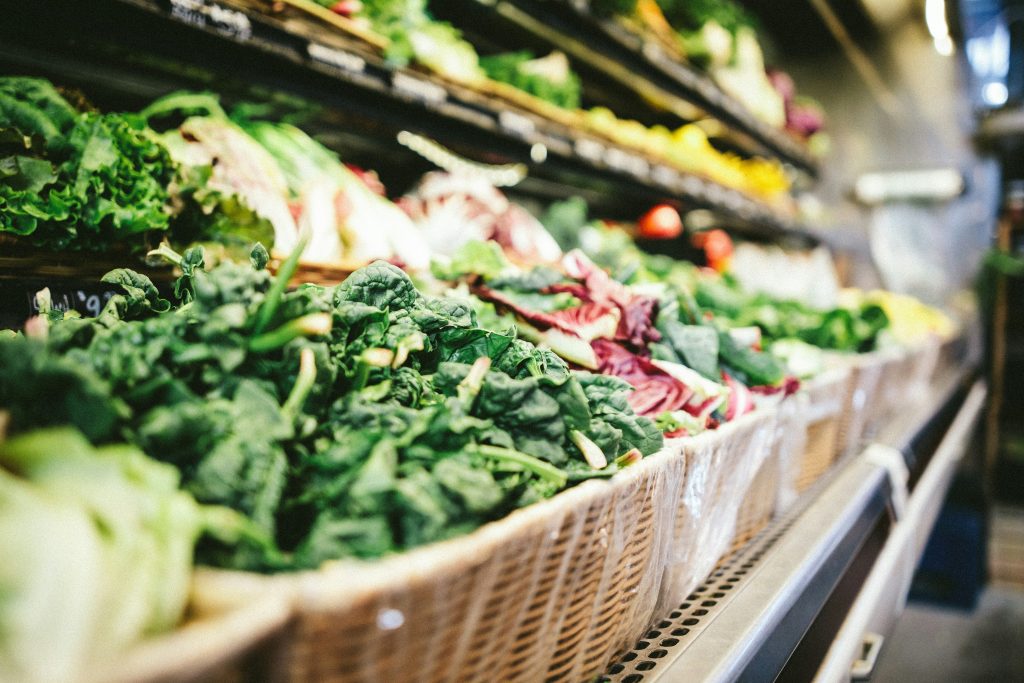What if we treated our medical conditions like we do mental health/emotional wellness:
• Talking to the doctor regarding a broken arm: “I guess my bones just weren’t strong enough; that’s my fault.” (Blaming self)
• Dealing with ongoing vomiting: “Maybe I won’t go to my doctor’s appointment. I probably don’t need it anyway.” (Avoiding)
• Doctor recommends medication to manage levels of liver enzymes: “This is probably something I should be able to manage on my own. I don’t think I need that right now.” (Minimizing)
• Says to the significant cut that requires stitches: “I should just put this away, no one wants to see it anyway.” (Hiding)
Unfortunately, stigmas still exist in the realm of mental health today in a way that doesn’t in the medical arena. Some come from external influences, and some even from within us. So much of our Western culture encourages ignoring what our body is communicating through feelings, impulsive reactions, physical pain, etc. The body has been devalued as a helpful tool that provides vital feedback to pay attention to. Whenever someone is thrown off balance in their mental health, my encouragement is always to assess the “foundation stones,” as I call them: eating, sleeping, drinking water, physical activity, and sunlight exposure. Those all go back to the body’s baseline, the primal survival needs. The body and mental health are undeniably connected.
I am so encouraged that places like our school systems are catching on to the importance of recognizing and integrating mental health as an undeniable part of the whole person: our children might be growing up in a world where they are taught to notice, pay attention to, and seek to understand themselves including their thoughts, feelings, and the messages their bodies send – it is so much a part of them that it is normalized and integrated into their school life. I dream of a world of integrated care systems where educators, medical providers, mental health providers, physical therapists, and exercise instructors function as a fluid unit to support one another and the whole person.
Tuning into your body means knowing your needs and possibly even communicating them to another person. The next level of understanding is identifying how feelings are presented physically. When you feel anxious, can you notice what that feels like in your body? Do you get sweaty, feel tightness in your chest or abdomen, or experience any difficulty swallowing? Have you ever noticed you have been clenching your teeth without thinking about doing it? That is your body sending emotional signals. Your body perceives and responds even before the conscious brain processes the thoughts about the feeling. Are you listening? Do you take time to notice? Don’t discount what messages your body may be sending. If you need help tuning in, give us a call and schedule an appointment with one of our therapists.






